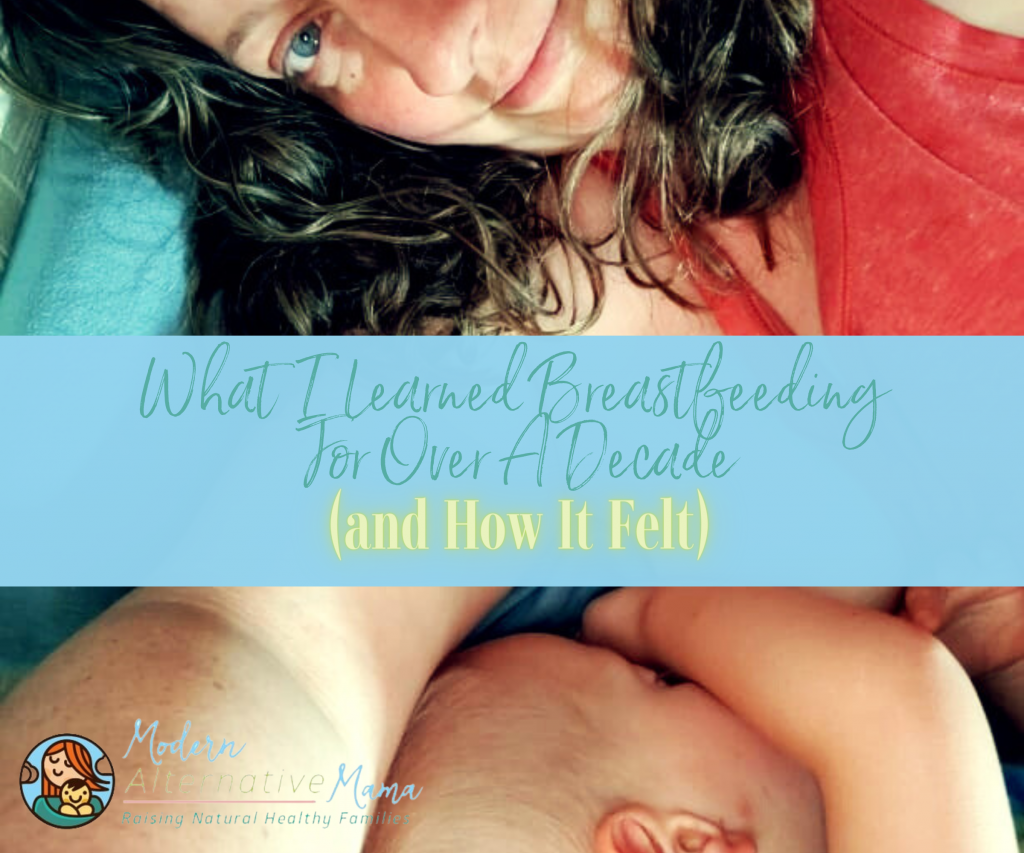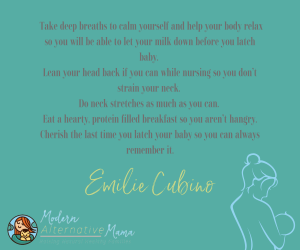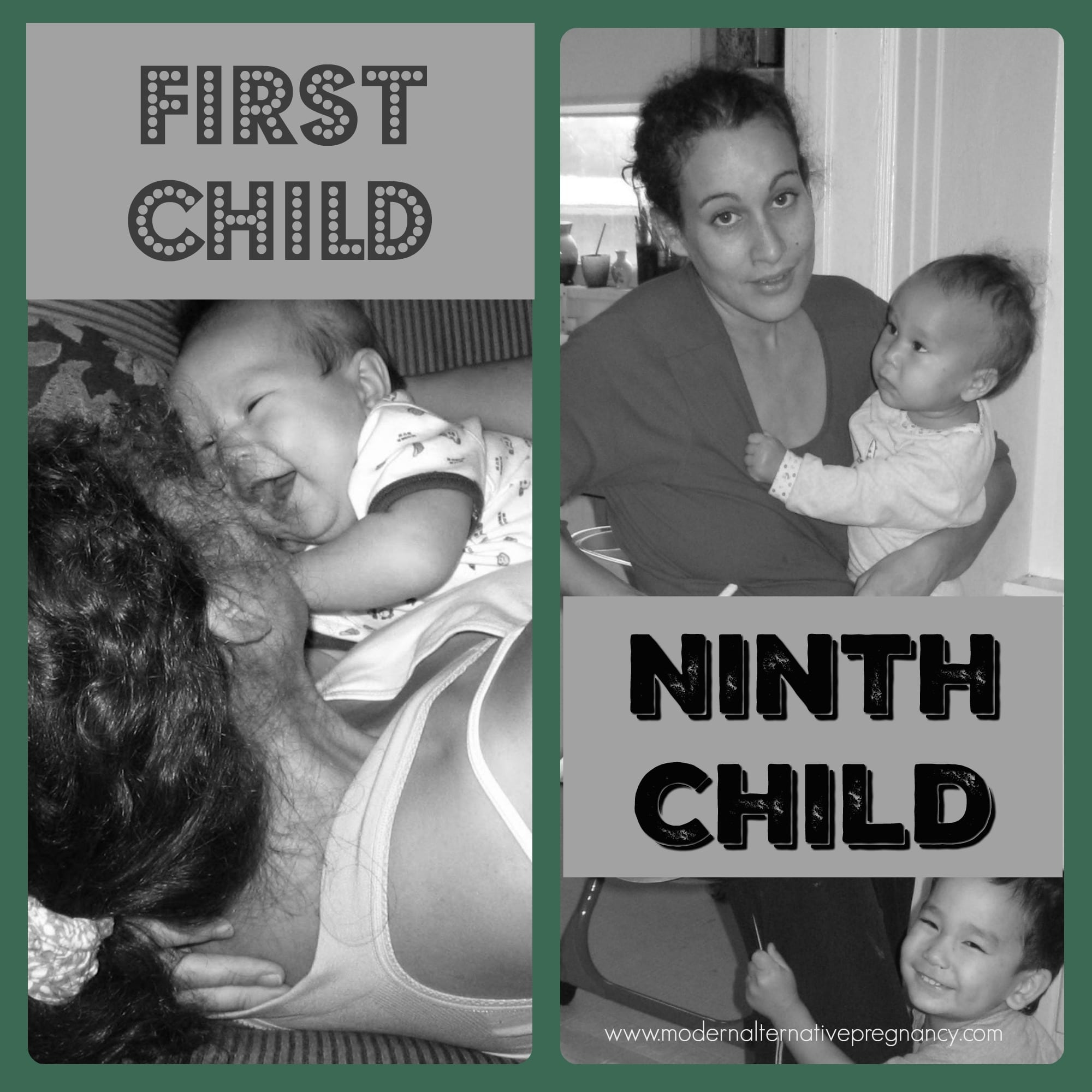By Rustina, Contributing Writer
Having your little one all cuddled in, nourished in soul and tummy from you, is a feeling like no other. All those emotions of pride, happiness, contentment – and worry, doubts, and fears! One moment you are elated with the progress you are making, and then the next you are worried if it is enough progress or did they seem smaller today?
Breastfeeding can evoke such a wide range of emotional responses -from those who have sailed through the journey, struggled, loved it, hated it, succeeded in it, or wished that it had worked out better for them. We all love our little ones so much and want what is best for them. While a relationship between a mama and her baby is special, sometimes we have questions or worries and want to hear how other moms did it. I wanted to talk about how I made it through some of the emotions and other troubles that popped up along my breastfeeding journey.
What I Learned Breastfeeding
I first started nursing when I became a mom in 2009, and I just finished with my youngest in 2022. I nursed all (4) of my boys. My oldest weaned himself before 2 years old, my second around 2.5 years old, my third was rushed to wean when I got sick just before he turned 3 years old, and my fourth was 4 years old when he stopped nursing. Collectively, it has been quite the busy last decade! I learned new things with each of them, and if I ever get a chance to breastfeed again, I am sure that pattern would continue.
Bonding and Connecting
There is a deep bond between mama and her baby. The physical closeness, the peaks of a smile as your little one nurses (these are my favorite little smiles), and skin-to-skin contact during breastfeeding can create a strong sense of connection, love, and attachment. This helps our hormones level out and helps us get more of the “happy hormones” too.
Skin-to-skin contact was very important for my baby’s comfort. If you aren’t comfortable going topless, try a sports bra (I loved those simple criss cross in front bras for this). Babywearing was a lifesaver. My oldest 3 loved riding in a woven wrap, but my youngest would only happily be in a ring carrier. Skin-to-skin contact has numerous benefits. It helps regulate the baby’s temperature, promotes bonding, and stimulates milk production. Spend as much time as you can with your baby skin-to-skin!
Sometimes, especially during the early part of breastfeeding, we struggle with being exhausted, sore, and the effects of the hormones shifting can make bonding a struggle. It’s ok to ask for help and support during this. If your partner, friend, or family member is able to help, that can be so helpful. I struggle with opening up to people and trusting others, so building a network of support is not easy for me. But, I was always so happy to have help.
Some ideas to help get support: look for a lactation consultant, join a breastfeeding support group (Mommy & Me groups might help), look around for moms in the local department store when getting breast pads, pumps, or milk freezing bags, or reach out to other breastfeeding mothers that you know. Having a support network can provide valuable guidance and encouragement for you and your new journey! And make no mistake – each kiddo is a whole new journey! The journey is always well worth it, and you will always be learning something new too.
Feeling Empowered and Confident
Breastfeeding can have an intense sense of wonder, joy, and satisfaction for a mama. Nourishing your baby with breast milk can evoke feelings of being a capable caregiver and provider of an amazing, essential nutrition for our little ones. It can go the other direction too, and we’ll talk about that a little later in this post. When you are first starting to nurse your little one, there are some immediate goals and a couple very useful tips that I feel made a big difference.
The first is often simpler said than done – establish a good latch. A strong latch is important for a comfortable and happy breastfeeding experience. Some good tips are to make sure your baby’s mouth is wide open with the nipple deep in their mouth. A shallow latch can lead to sore, cracked nipples and less than desirable milk transfer. Sometimes this takes a few weeks (or longer) to get it just right.
With my 4th son, I was in tears. He had such a hard struggle to latch, and I became engorged so quickly. I thought I was going to have to give up on my streak of not washing bottles to exclusively pump. That was made all the more difficult when the insurance-provided breast pump I ordered didn’t get sent out in time. I ended up getting it 2 weeks after he was born.
I hand expressed to relieve the pressure, and I kept trying each time to help him latch. He would go for a couple minutes, but he just couldn’t stay latched. I tried the nipple shields to help make it easier and maybe smaller for him. Those did work a little bit, but he still couldn’t stay on long. Hand expressing into bottles and a repaired old breast pump (thank goodness my hubby was able to fix it) worked to get enough milk for him as we just kept trying. By the end of the month, he was a pro at it! It was so stressful before that though, and I don’t think I ever weighed a child as many times as I did then, making sure he was gaining weight. I am so thankful it all worked out. We just kept trying a little bit longer each day, as he made it a little stronger, and then I kept feeling a little better each day too.
The second tip that I found helpful was feeding on demand. In the beginning all the books said to space feedings apart 2 hours. Sometimes 2 hours is the right amount of space, but just follow your little one’s cues. This helped keep the flow going natural and each of my little ones growing at their own pace. Whenever they showed hunger cues, usually every 1-3 hours – and occasionally even less, I made sure to feed them. As they grew, they naturally spaced the feedings further apart. Since breastfeeding is based on supply and demand, nursing frequently helps maintain a steady milk production.
Oxytocin (a “happy hormone”) is released during breastfeeding (S). This can induce feelings of happiness, tranquility, and a sense of well-being. When we are so exhausted, sore, and busy, that oxytocin can get us through a lot! Whether it is nursing or just skin to skin contact, when we are cuddling with our little ones, oxytocin is released. This helps milk production, our mood, and our body adapt for balancing hormones after such huge changes in hormones going – in less than a year – from not pregnant to pregnant to having your baby in your arms.
Each of my little ones had different preferences on how they liked to nurse. I experimented with a lot of different nursing positions with my younger three boys. With my first, I tried to do everything “by the book,” sometimes failing terribly and feeling stressed. My family and almost everyone I knew formula fed, so I didn’t have much to go on besides what I read and picked up from my husband’s family. The common positions like the cradle hold, cross-cradle hold, football hold, and side-lying position were comfortable and supportive. But sometimes, different positions like dangle feeding were very helpful. Finding a comfortable and supportive position is important for your comfort and for your baby to latch well. As long as your little one is facing your breast and has a good latch, don’t worry about “form” or matching up to a picture.
Just remember to be patient with growth spurts. During growth spurts, they may want to nurse more frequently and longer too. This is normal and helps stimulate your milk supply to meet their increasing demands. Trust your body’s ability to adapt. Of course, this can lead to engorgement (fuller breasts) and more leaking, but that increase is what your little one needs.
Some signs of hunger cues to watch for are rooting (pursing lips and rubbing face into whatever is nearby – this is the baby looking for a nipple), sucking motions, or putting their hand to their mouth. Responding to early hunger cues can prevent your baby from becoming fussy or agitated. Whether looking for comfort or hungry, your little one loves to have you near. Nursing brings that closeness, and being able to meet that need can bring on your confidence.
Breastfeeding through all those years was an amazing bonding experience with each of my boys and a great boost for my confidence when I needed it most. Overcoming challenges, such as establishing a good latch or increasing milk supply, can instill a sense of empowerment and humility in the awe of life.
Wrestling with Frustration, Guilt, and Exhaustion
Breastfeeding can be so emotionally challenging too. Difficulties with latching, low milk supply, nipple pain, leaking, feeling engorged, or figuring out how your life fits in with your new breastfeeding journey can lead to frustration, stress, and feelings of guilt or inadequacy for a mama.
I loved getting to breastfeed. We are allowed to have these “less than happy” feelings too. We need support and understanding. Sometimes, I would feel like I was missing out on events or limited on what I could do. It might have been because stopping to nurse was harder in the beginning. Would anyone say something? Was I rested enough and feeling up to replying to them? Most people never said a word about it, but I used to worry a lot in the beginning.
Where would I nurse – in the van or on a park bench? I remember going back to work after my second son, and I had to pump in the bathroom to fill bottles to keep at my mom’s house.
I had heard some people complain about others nursing, so I avoided being around them in the beginning. We feel less supported and discouraged listening to complaints even when they are not about us specifically. The slightest of complements or encouragement can affect us too! I will never forget those who helped me feel more comfortable around them while I was getting used to breastfeeding in general or somewhere new. I am so thankful for each of those little moments of support.
It feels hard, but be patient and flexible with yourself and your little one. Nursing is a learning process for both you and your babe. It may take time to find a rhythm and for everyone to get comfortable with the arrangement. It is ok to adjust, and readjust every approach that doesn’t feel right to you. You know your body and your baby better than anyone else. Listen to your gut and your baby’s cues.
The demands of frequent breastfeeding, especially during the early weeks and months, can contribute to feeling exhausted, limited, and overwhelmed. The sleep deprivation that often accompanies breastfeeding can intensify emotional ups and downs. My second son had tongue tie, lip tie, and side buccal ties – of course, I didn’t discover that or know anything about it until he was 3 years old and had oral surgery that inadvertently released the ties a bit. Until he was 2.5 years old, he would wake every two hours to nurse at night. I was working second shift full time, and I would get so exhausted. Combine sleep deprivation with hormone imbalance, and recovery feels near impossible some days! It is though! Just keep eating right for your mental health as well as for your physical health, and try to get as much sleep as possible – whenever you can.
It is so important to take care of yourself. Good nutrition, hydration, and rest are essential for maintaining your milk supply and overall well-being. Remember to eat a balanced diet, drink plenty of fluids, and rest whenever possible. It is tempting to force a schedule, but there are some reasons not to. Read more about that in Why You Shouldn’t Sleep Train Your Baby.
Letting the Journey Go
The hormone changes combined with the physical and mental changes happening every moment create a lot of different emotions in us. It’s important to note that the emotional experience of breastfeeding can vary significantly from mama to mama. If you’re experiencing persistent negative emotions or struggling with depression (postpartum depression or otherwise), it’s ok to seek support from healthcare professionals, lactation consultants, or support groups who can provide more guidance, encouragement, and assistance.
One thing that helped me get through the harder times was nursing for comfort and connection. Breastfeeding is not just about nourishment; it is also a source of comfort and connection for your little one. As they grow into toddlerhood, nursing can provide emotional support during times of stress, illness, or sleep disturbances. Any time they sleep better, we can sleep better too!
By far, the hardest part of my journey with breastfeeding has been the end. After more than a decade of breastfeeding, my last one has weaned. It is so exciting to not have to worry about any of the supply issues, but I miss it terribly at the same time.
I didn’t force weaning except with my 3rd, when I got really sick while my father was in the hospital – and the medication was too harsh to allow nursing. He was already down to just when tired or upset. I still feel guilty for rushing it sometimes though.
When it came to starting foods, I introduced solids very gradually. All of them started eating a “plate” full with us at about 9 months (with my cycle returning within 24 hours of that too). I offered meals and snacks when we did and continued breastfeeding afterwards. Follow your baby’s cues and gradually increase solid food intake. I did cups of water, milk (mixed with breastmilk), and diluted juice periodically.
There is no need to rush or quit before you and your little one are ready. Society shouldn’t say “3 is too old,” or any other thing about a mama taking care of her little one the best she can. There were times that my youngest would hear someone say he was too old to nurse, and it would make him so upset. That’s why I took this picture actually. I wanted him to see that he was not too big or too old.
Remember, every breastfeeding journey is unique, and it’s important to trust your instincts and listen to your baby’s needs. If you have concerns or difficulties, don’t hesitate to seek help. Don’t for a moment think that makes you less than anyone else. We all need help sometimes. I had nursed for 6 years, and Istill faced new challenges and struggles with my last one! We are all always learning.
Here are some links for more help and info, as well as our Facebook community where you can reach out for help (even anonymously if desired):
Modern Alternative Mamas! Facebook Group
Modern Alternative Mama Facebook Page (Old and New)
Biologically Normal Infant Feeding: Why Breastfeeding Matters
8 Responses to People Who Question Breastfeeding
What No One Tells You About Breastfeeding a Newborn
Can You Detox While Pregnant and Breastfeeding?
Why You Should Keep Breastfeeding Your Baby after a year
7 Responses To People Who Question Extended Breastfeeding
Breastfeeding: To Cover or Not to Cover?
Why Does Public Breastfeeding Make People So Angry?
Breastfeeding During Pregnancy {Your Questions Answered}
3 Facts You Need to Know About Breastfeeding While Pregnant
Nutrient Chart for Pregnancy and Breastfeeding
Taking Care of Yourself While Breastfeeding
5 Steps to Prepare for Successful Breastfeeding








